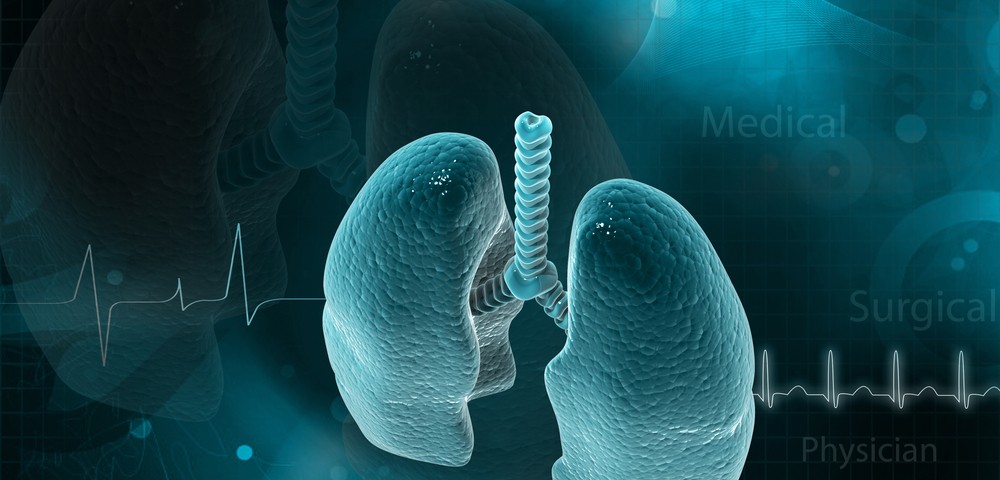In a new study, researchers described how the protein CYLD is critical to the control of pathogen-induced inflammatory response, namely by targeting MyD88, a protein essential to the body’s immune response against pathogens. The discovery holds promise for the much-needed development of anti-inflammatory drugs, as overactive inflammation is a key factor in diseases such as asthma and chronic obstructive pulmonary disease (COPD).
The study, titled “Deubiquitinase CYLD acts as a negative regulator for bacterium NTHi-induced inflammation by suppressing K63-linked ubiquitination of MyD88,” was published in the journal Proceedings of the National Academy of Sciences.
Myeloid differentiation factor 88 (MyD88) plays a critical role in the mediation of the inflammatory host response to invasion by microbial pathogens, through an interaction with Toll-like receptors on the surface of immune system cells that detect the invading pathogens (such as bacteria or viruses). However, the MYD88-mediated signaling cascade is not fully understood. Inflammation regulation is especially important since an unbalance can lead to inflammation that can cause tissue damage, and potentially lead to serious disorders such as asthma, COPD, and cancer, as well as to ear infections.
Researchers induced an inflammatory response in mice and human epithelial cells by using nontypeable Haemophilus influenzae (NTHi), a bacterium that is the leading cause of COPD and ear infections.
The results demonstrated that the bacterium induces a process, called ubiquitination (the addition of ubiquitin molecules to a protein marking it for degradation), that is essential for MyD88 to transduce Toll-like receptor signaling, and that this process is deactivated by a protein called CYLD. In this way, when pathogens invade the body, ubiquitination is triggered to activate MyD88; this process is then stopped by removal of these small ubiquitin molecules by CYLD, essentially a protein that negatively regulates inflammation.
Dr. Jian-Dong Li, the study’s senior author, director of the Institute for Biomedical Sciences at Georgia State, and a Georgia Research Alliance Eminent Scholar in Inflammation and Immunity, said in a press release of the study’s possibilities: “MyD88 has been shown to mediate the host defense response against many microbial pathogens. Therefore, understanding how the signaling of this protein is tightly regulated likely could lead to the development of novel therapeutics for many diseases. Because we know this is a key therapeutic target, we can develop therapeutics specifically against this target in the future — for instance, treatments that increase the production of the brake-pedal protein CYLD.”

